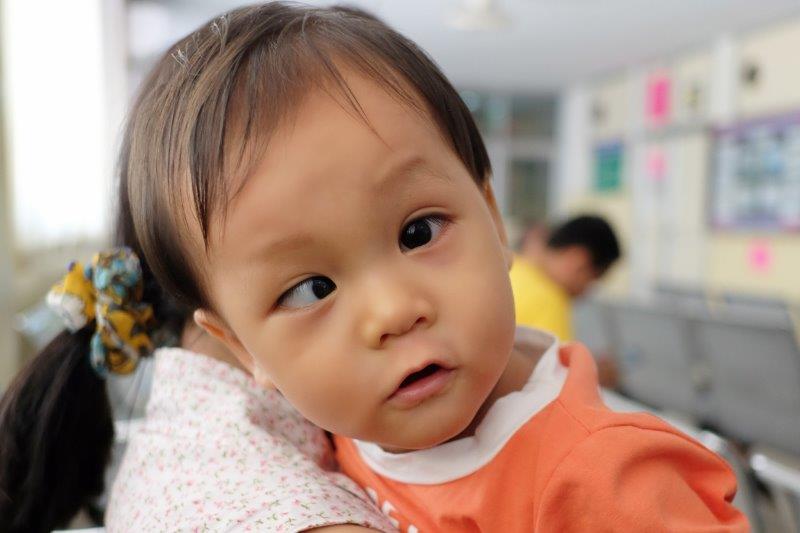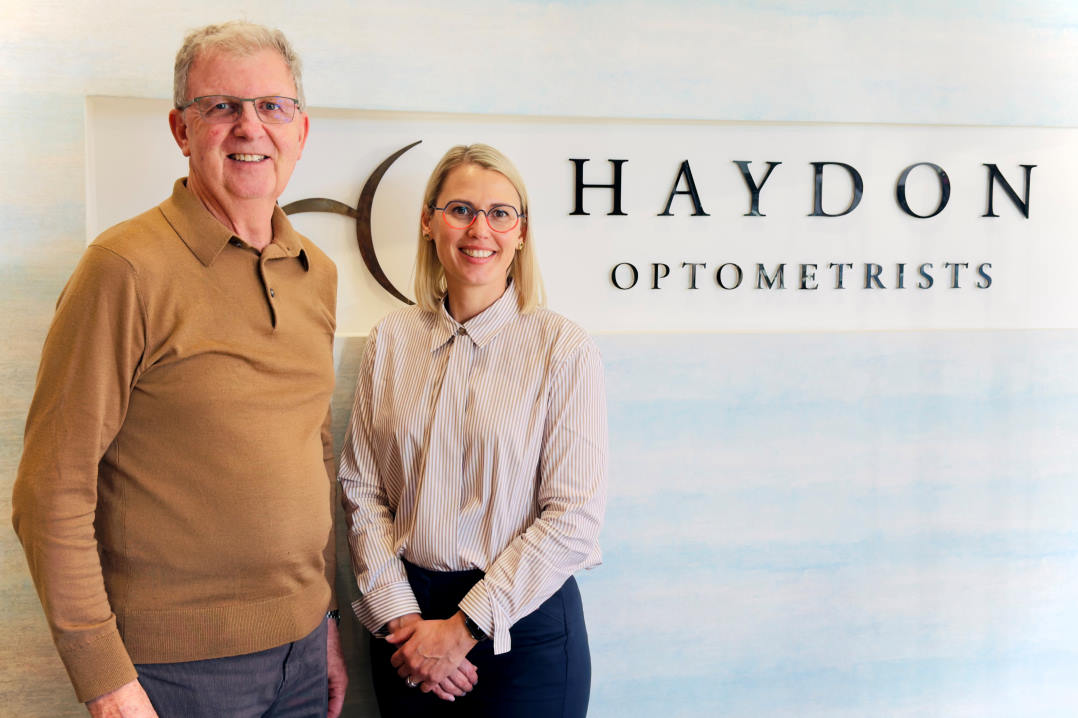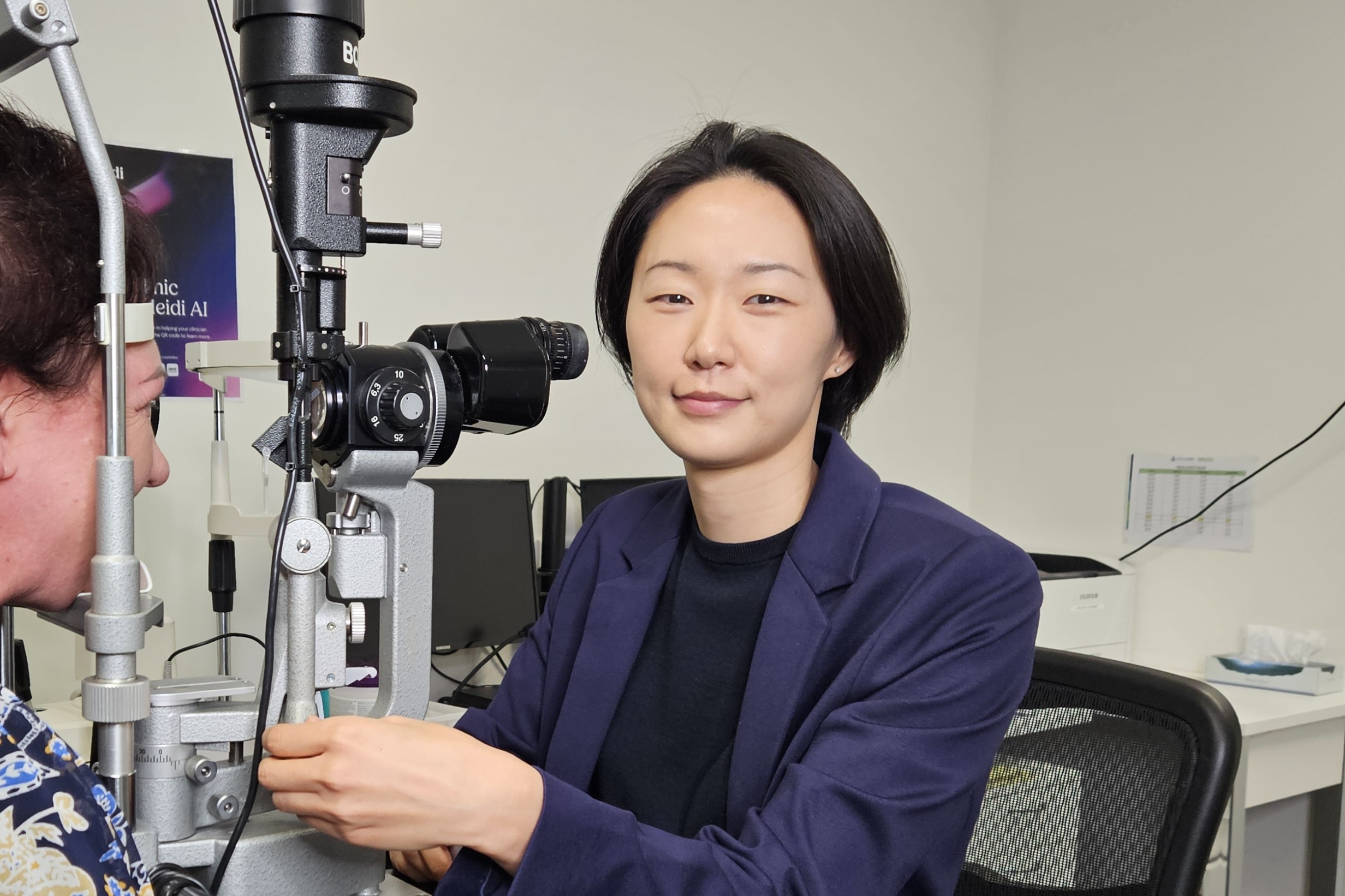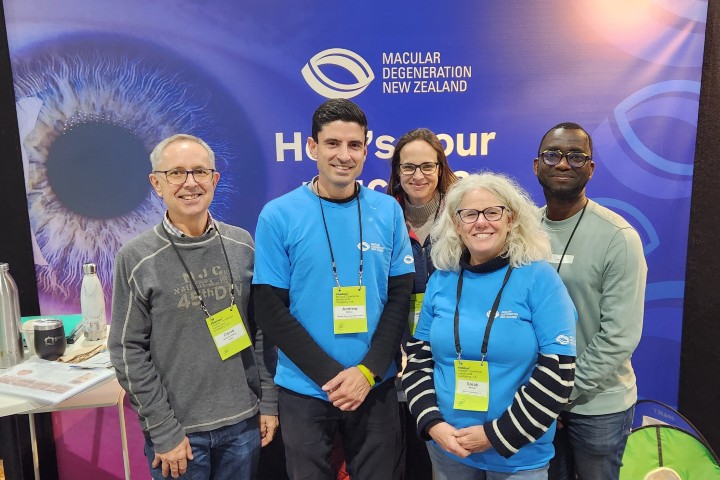Strabismus linked to mental illness
A large-scale US study has found a moderate association between strabismus and anxiety disorder, schizophrenia, bipolar disorder and depressive disorder.
Led by Dr Yoon Lee, Stein Eye Institute, University of California, the analysis of over 12 million patients’ health insurance records found under-19s with strabismus had twice the risk of anxiety disorder compared with those without eye disease. Authors noted their findings were comparable to a German study that found children with strabismus had more mental health problems and a 1993 US study’s findings that strabismus sufferers had difficulty with self-image, securing employment, interpersonal relationships, school, work and sport.
Commenting on the paper in JAMA Ophthalmology, Dr Grace Prakalapakorn, a paediatric ophthalmologist from Duke University; Dr Manpreet Singh, associate professor of psychiatry and behavioural sciences at Stanford Hospital; and Professor Nathan Congdon from Queen’s University Belfast, agreed with the authors that using a commercial healthcare payer database omitted children with government insurance or none at all. “Because low socioeconomic status is a known risk factor for poor overall mental health, future studies are needed to explore such outcomes among children with strabismus and other ocular disorders in these vulnerable populations,” they said.
“These results should alert ophthalmologists and optometrists to counsel children and their caregivers regarding the risk for mental illness,” the authors concluded. “They should consider incorporating a screening tool for mental health problems for patients with strabismus and referral of paediatric patients with strabismus for mental health evaluation.”

























